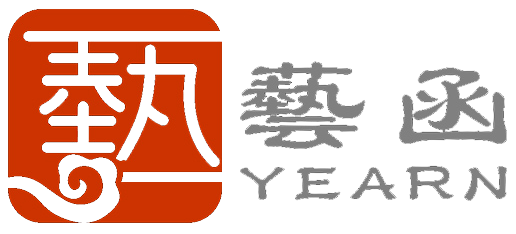1, 3-propylene glycol – Why is there no international expansion
1, 3-propylene glycol (PDO) is a colorless, odorless, hygroscopic viscous liquid. As the main raw material for the development of biomass fiber PTT, it can replace ethylene glycol and butanediol to produce polyol polyester.

1, 3-propylene glycol products were originally developed by the three major chemical industry giants Shell, Evonik and DuPont, and were mainly used to produce PTT polyester. However, these three companies use different methods to produce 1, 3-propylene glycol. Among them, Shell Company uses ethylene oxide carbonylation method (EO method), Degasse company uses acrolein hydrate hydrogenation method (AC method), DuPont company uses biological fermentation method.
Among them, the acrolein synthesis method was proposed by Evonik Company in Germany, which was industrialized in 1995 and has been shut down. Acrolein process has high raw material cost, heavy pollution, complex separation and easy residual carbonyl compounds, which is not good for polymerization. Ethylene oxide method was proposed by Shell, realized industrialization in 1996, and the production capacity had been expanded to 75,000 tons, while the ethylene oxide method was difficult in technology, high equipment investment, catalyst selection and improvement problems, and was shut down in 2009.
Dupont, which uses biological fermentation, recombines the natural glycerol synthesis pathway from different species with the 1,3 propylene glycol synthesis pathway through genetic manipulation, and maintains a 20-year monopoly in the production of PDO technology by saccharification. However, the natural recombination path has defects: it needs to add high cost of vitamin B12 (1500-2000 yuan per ton), the raw material can only use glucose, and the utilization range of raw materials is narrow.
The production of 1, 3-propylene glycol by microbial fermentation mainly has the problems of low product concentration, long production cycle, low production intensity and low conversion rate, which lead to high production cost. Because the fermentation method is catalyzed by enzymes, the purity of PDO is not a problem, and DuPont did not expand the production capacity mainly because of the cost.
The fermentation method reduces the cost, improves the competitiveness, mainly increases the yield and yield, and optimizes the performance of the strains. Microbial fermentation to produce 1, 3-propanediol currently mainly has problems such as low product concentration, long production cycle, low production intensity and low conversion rate. In order to obtain a higher bacterial volume and increase the product concentration of 1, 3-propanediol, strains that can tolerate high product concentration must be screened, strains that can tolerate high product concentration must be obtained, and the stability of strains must be investigated.
If you need to purchase biobased 1,3 propylene glycol, please contact us.

